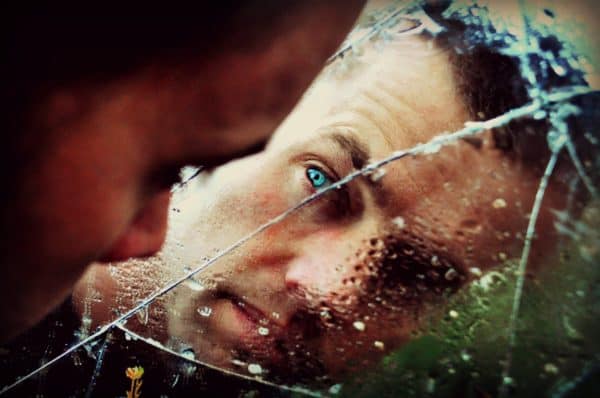Year: 2022
-

Scapegoat Recovery: The Importance of Addressing Complex Trauma (C-PTSD)
Recovering from the traumatizing aspects of family scapegoating abuse (FSA) is an individual process and each FSA adult survivor’s healing journey will be unique. But no matter the recovery route you take, you will want to first ensure you build a strong foundation for recovery by addressing symptoms of complex trauma (C-PTSD).
-

Family Scapegoating Abuse, Complex Trauma, and Structural Dissociation
When FSA adult survivors are chronically traumatized within their family-of-origin, they can develop a form of dissociation known as structural dissociation, whereby the personality lacks integration and expresses itself through ‘parts’. But it is never too late to experience your innate wholeness…
-

The Scapegoat Child and the Malignant Narcissist Parent
For the child victim of family scapegoating abuse (FSA), the ‘scapegoat story’ created by one or both parents (which the entire family invariably adapts and accepts unquestioningly) can negatively impact their mental and emotional health. When a parent is a malignant narcissist, the abuse the child experiences can be extreme, resulting in complex trauma (C-PTSD)…
-

Healing From the Injustices of Family Scapegoating Abuse (FSA)
In the twenty years I have been working with adult survivors of family scapegoating abuse (FSA), one issue that typically becomes a ‘stuck’ point in their recovery journey is the sense of grave injustice they experience in regard to the wrongs done to them within their family-of-origin – Injustices that have never been acknowledged or…
-

The Relationship Between Family Scapegoating Abuse (FSA) and Traumatic Shame
There are very few clients who enter my FSA Recovery Coaching practice who are not suffering from traumatic shame (also known as ‘toxic shame’), as well as a variety of complex trauma (C-PTSD) symptoms – something I discuss at length in my book, Rejected, Shamed, and Blamed. While traumatic shame creates a sense of social…
